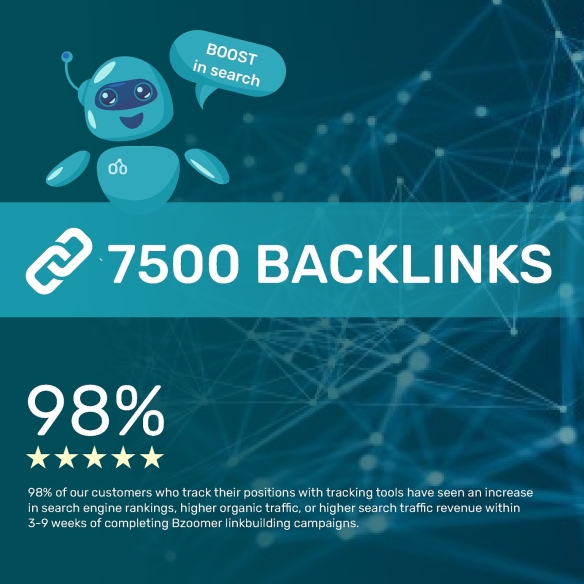In the fiercely competitive business landscape of today, the significance of generating high-quality leads cannot be overstated. Lead generation services have emerged as vital tools for companies seeking to attract new customers and grow their businesses. These services offer a streamlined, efficient approach to identifying potential customers and nurturing them into loyal clients.
What is Lead Generation?
Lead generation is the process of attracting and converting strangers and prospects into someone who has indicated an interest in your company's product or service. It's the first step in the sales process, and its strategies have evolved from traditional methods like cold calling and direct mail to more sophisticated digital techniques.
Types of Lead Generation Services
- Digital Advertising: Utilizing online platforms like Google Ads, Facebook, LinkedIn, and others to target specific audiences.
- Content Marketing: Creating valuable content to attract and engage a target audience, typically through blogs, ebooks, webinars, and more.
- Email Marketing: Sending targeted messages to a curated list of potential leads to nurture them towards a sale.
- Search Engine Optimization (SEO): Optimizing a website to rank higher in search engine results, increasing visibility and organic traffic.
- Social Media Marketing: Engaging with potential customers on platforms like Twitter, Instagram, and LinkedIn.
- Telemarketing: Using phone calls to directly reach out to potential leads.
- Event Marketing: Hosting or participating in events to connect with potential customers in person or virtually.
Why Use Lead Generation Services?
- Targeted Approach: These services allow businesses to target specific demographics, increasing the chances of attracting high-quality leads.
- Cost-Effective: Compared to traditional marketing, lead generation services often offer a higher ROI as they are more focused and data-driven.
- Increased Engagement: With content and social media strategies, businesses can engage with potential leads in a more interactive and personal way.
- Data-Driven Decisions: Lead generation services provide valuable data and analytics, helping businesses refine their marketing strategies for better results.
Choosing the Right Service
Selecting the right lead generation service depends on various factors, including the business model, industry, target audience, and budget. A B2B company, for instance, might benefit more from LinkedIn advertising and email marketing, while a B2C company might find more success with Facebook ads and SEO.
The Future of Lead Generation Services
As we move forward, the landscape of lead generation is expected to continue evolving, incorporating emerging technologies and adapting to changing consumer behaviors.
Emerging Trends
-
Artificial Intelligence (AI) and Machine Learning: AI is revolutionizing lead generation by enabling more personalized and targeted marketing strategies. Machine learning algorithms can analyze data to predict which leads are most likely to convert, optimizing marketing efforts.
-
Chatbots and Virtual Assistants: These tools are increasingly being used for initial customer interactions on websites. They can qualify leads by asking pre-programmed questions, thereby saving time and resources.
-
Voice Search Optimization: With the rising popularity of voice assistants like Alexa and Google Home, optimizing for voice search is becoming crucial. This involves focusing on natural language keywords and questions.
-
Interactive Content: Interactive quizzes, polls, and videos are becoming popular tools for engaging potential leads, offering a more dynamic way to capture their interest and gather data.
-
Account-Based Marketing (ABM): This strategy involves targeting key accounts with personalized campaigns. ABM is especially effective in B2B marketing, where specific businesses are targeted rather than broad audiences.
Best Practices for Lead Generation
- Understand Your Audience: Knowing your target audience, their needs, and their behavior patterns is crucial for effective lead generation.
- Create Quality Content: Content should be informative, engaging, and relevant to the audience.
- Utilize Multi-Channel Strategies: Employ a combination of channels like email, social media, SEO, and paid ads for a comprehensive approach.
- Focus on Analytics: Regularly analyze data to understand what's working and what's not. This helps in continuously refining strategies.
- Ensure GDPR Compliance: Particularly for businesses in or dealing with Europe, compliance with data protection regulations is crucial.
Lead generation services are dynamic and continuously evolving. Staying abreast of the latest trends and best practices is key to effective lead generation. As businesses increasingly rely on digital channels, these services not only help in acquiring new customers but also in building lasting relationships. The future of lead generation is undoubtedly exciting, filled with innovations that will redefine how businesses connect with potential customers.


